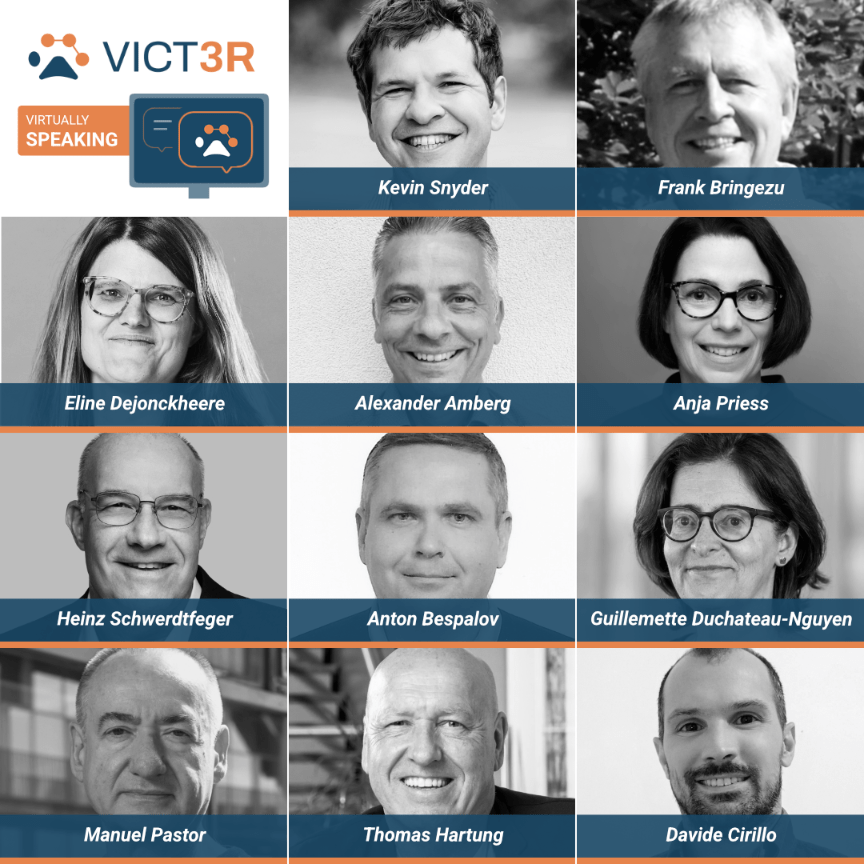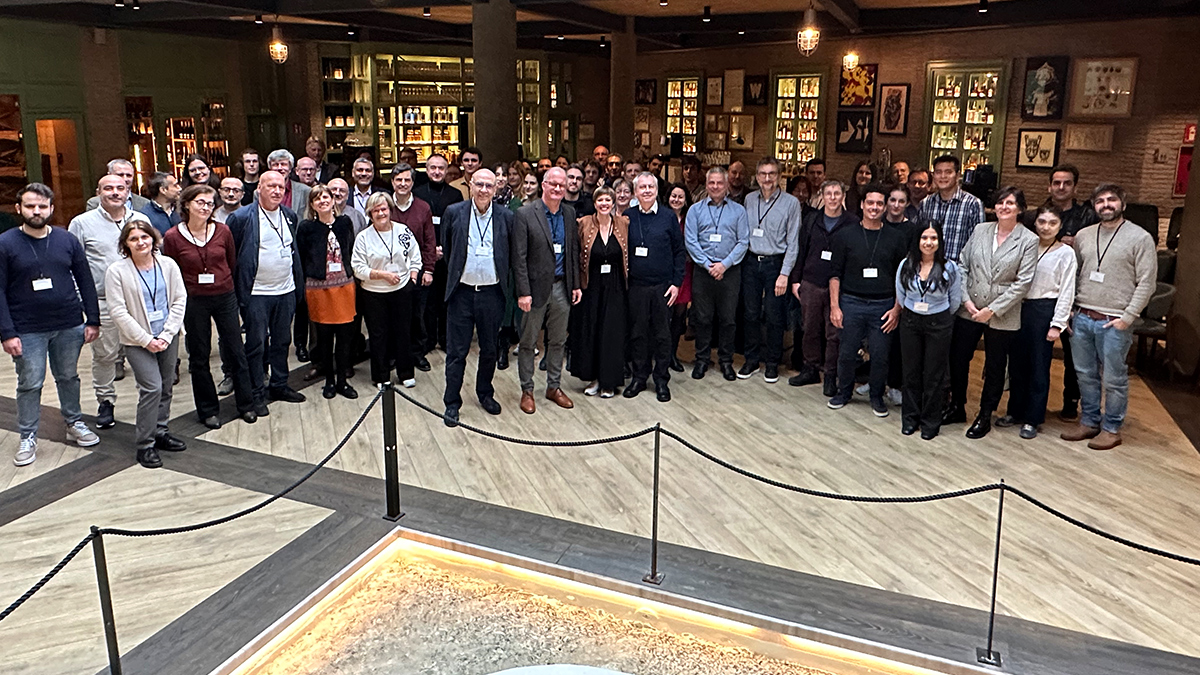For this issue of Minds Behind VICT3R, we had the chance to speak with Guillemette Duchateu-Nguyen (Roche) – an expert biostatistician with extensive experience in preclinical and clinical data analysis. Guillemette played a key role in the core group that developed the first historical control data repository, now the foundation of the VICT3R database.
1. Can you tell us a bit about your role at Roche and how you got involved in the Virtual Control Group (VCG) topic as a biostatistician?
I am an expert biostatistician in the Data & Analytics department in Roche Pharma Research & Early Development with extensive experience in both preclinical and clinical data analysis. For many years, I have been working on various projects relying on data FAIRification and secondary use of preclinical and clinical data. As part of the eTRANSAFE consortium’s VCG expert group, I contributed to the development of the VCG concept and the creation of the first repository of historical control data, which now forms the foundation of the VICT3R database.2. What do you see as the most critical challenge in the VCG generation process, and how is the VICT3R team tackling it?
A significant challenge lies in understanding the diverse sources of variability in animal studies. If these sources are not adequately taken into account during the construction of VCGs, study outcomes could be impacted. First, we address this challenge by conducting an in-depth exploration of curated and harmonized data beforehand to identify those sources of variability. Second, we design a qualification of the VCG creation procedure that will rely on (1) retrospective reanalysis of legacy studies and (2) on the prospective analysis of studies where concurrent controls are substituted by VCGs.3. What aspect of VICT3R’s potential excites you the most, and why?
First in this project, we share a common goal, which is the reduction of animal testing in research. Second VICT3R presents a unique opportunity to foster a collaborative exchange between scientists with different expertise including toxicology, statistics, AI and more.As a biostatistician I enjoy learning a lot every day about toxicological data, I could not do so without exchanging with my colleagues in the field. VICT3R gives me access to a very large community of experts in toxicology.
4. How do you see the work done in VICT3R shaping the future of toxicology research?
Our work extends beyond the creation of VCGs. By providing access to a comprehensive and highly curated repository of historical toxicological data, VICT3R will enable researchers to adopt new data-driven approaches to interpret toxicological data. Our work also has the potential to improve the way we collect data of both control and treated animals, thereby elevating the standards and improving the outcomes of animal safety studies. This, in turn, can lead to more reliable, efficient, and ethically sound research practices.






